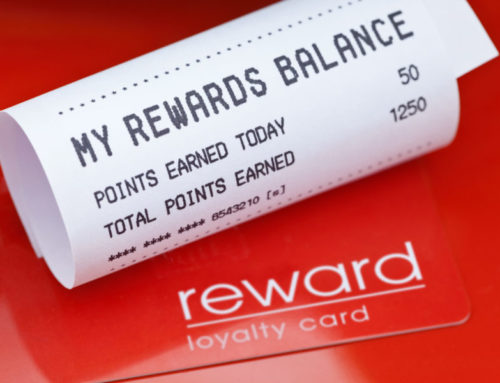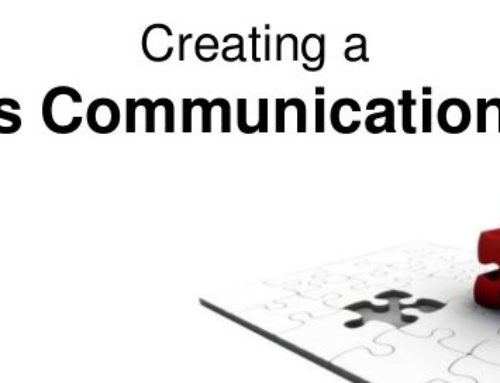For decades to come Roger Federer will be remembered not only one of the greatest tennis players of our time, but of all time. While his backhand may have made him rich and famous, it’s his willingness to praise and compliment his opponents that elevate him to the top of my list.
Federer is and has long held a single-digit ranking. He makes millions on the court and even more in endorsements.
Marcus Willis, his second round Wimbledon opponent and a Great Britain teaching pro, has a 772 ATP ranking (not good) and earns the majority of his income teaching tennis for $50 per hour. I have many friends who are teaching pros and believe me, it’s a hard way to make a living.
Because he was playing Federer, Willis faced his opponent on Wimbledon’s Centre Court. An honor yes, but I expect a bit overwhelming. The match won’t be remembered for long because Federer won in three sets, 6-0, 6-3 and 6-4. What will be remembered is Willis’ determination and Federer’s praise of his effort.
“I thought I got my fair share of support,” said Federer in his post-match comments. “He deserved more. He deserved more in the bigger moments. He played some great points. He fought hard. Great personality for a Centre Court like this. I must tell you, it’s not easy for him to come out and just play a decent match. There’s a lot of pressure on him. I thought he handled it great.”
Later in the press conference Federer spoke of Willis’ playing style. “What I like about his game is he reads it well. He knows when you’re coming in. He can slice easily, even really deep in the court…Clearly, he’s got an extreme grip on the forehand. Even today he had not too many problems coming over the ball. On grass you would think it would be the toughest.”
Making the moment even more special, Federer waited on Willis before coming off the court and allowed him to walk off first to capture the spotlight. You would have never seen John McEnroe or Jimmy Connors extend such a courtesy. After all, they earned their reputation as the “bad boys” of tennis.
Some say, “nice guys finish last.” Maybe it was McEnroe or Connors who coined the phrase because they certainly lived it. Yet I see Federer’s example as not merely a winner tossing out an obligatory compliment, but a confident and gracious man heaping praise when it was deserved and earned.
As I digested Federer’s actions I wondered how I could use them in my own life: on and off the court. Then I got my chance.
Before playing a match last night I was asked about a fellow player while standing among a group of our mutual tennis friends. I could have responded in a negative fashion. After all, my most recent experience with them was not pleasant yet they have many remarkable qualities. I chose to take the high road in my remarks because overall, they deserved no less.
Maybe nice guys can finish first; win or lose.






